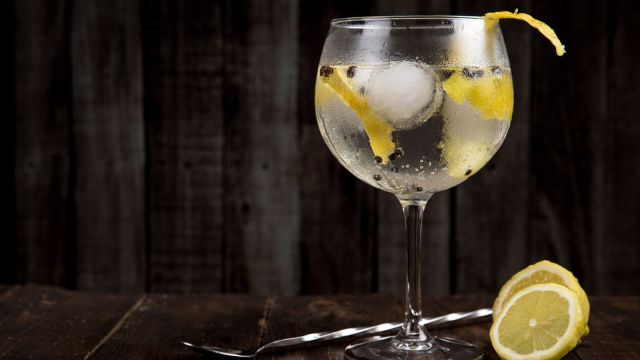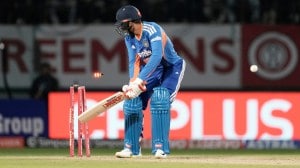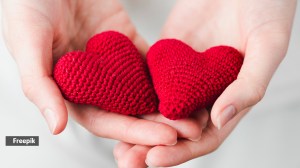Can a peg of gin affect your sleep? What ex-Google MD’s tracker data tells about alcohol risks
You may be feeling drowsy initially but here’s how alcohol affects learning and memory
 If you drink alcohol close to bedtime then it can cause more frequent awakenings during the night leading to sleep fragmentation. (Representational/Canva Image)
If you drink alcohol close to bedtime then it can cause more frequent awakenings during the night leading to sleep fragmentation. (Representational/Canva Image)Former MD of Google Parminder Singh has revealed how drinking just one peg of gin and tonic had affected his sleep quality, as recorded by his Garmin watch. Writing on a micro-blogging site, he detailed how his data showed that the crucial rapid eye movement (REM) phase, during which the brain rests and repairs itself and during which emotional experiences are processed and memories are consolidated, was compromised by alcohol.
Singh posted data to show that alcohol reduced his REM time to 18 minutes while it lasted an hour and four minutes on a normal sleep day. To wake up alert and fresh, an adult needs seven to nine hours of sleep with the REM phase, usually in the later half of the sleep cycle, swinging between an hour-and-a-half to a little over two hours.
“Alcohol initially may cause a sedative effect, causing you to fall asleep quickly. But as it breaks down in the body, it disrupts the regular pattern of sleep, disrupting both its quality and quantity,” says Dr Sandeep Bansal, professor and in-charge of Sleep Lab, Department of Otolaryngology and Head Neck Surgery, PGIMER, Chandigarh.
What is REM sleep and how does alcohol reduce it?
REM is the most restorative part of your sleep cycle. It stimulates areas of the brain that deal with learning and memory. If its duration is shortened, it can leave you feeling tired even after a full night’s sleep.
If you drink alcohol close to bedtime then it can cause more frequent awakenings during the night leading to sleep fragmentation. It can trigger snoring and sleep apnea, which impact heart health over a long term. Alcohol has a diuretic effect, meaning it increases the production of urine. This can lead to more frequent trips to the loo during the night, further disturbing sleep. As the effects of alcohol wear off, that can cause a rebound effect, leading to wakefulness or even insomnia during the latter part of the night. Even if you sleep through the night after drinking, the disruption to sleep quality can result in next-day fatigue, difficulty concentrating and irritability.
How does alcohol change sleep patterns?
Initially, when alcohol is present in your bloodstream, one sleeps deep. In the brain, alcohol acts on gamma-aminobutyric acid, or GABA, a neurotransmitter that inhibits impulses between nerve cells and has a calming effect. Later in the night, as alcohol levels drop, one may get a rebound arousal causing sleep fragmentation. People may also snore more after they drink. Alcohol is a muscle relaxant and relaxes the muscles in your upper airways, disrupting normal breathing. Drinking can be especially dangerous for people with obstructive sleep apnea who wake up many times during the night as their airways momentarily collapse. Your heart rate paces up and since alcohol disrupts the body’s temperature regulation, you break into night sweat.
How much alcohol does it take to cause sleep issues?
As per a study, less than two drinks for men and less than one drink for women decreased sleep quality by 9.3 per cent. Moderate amounts of alcohol, approximately two drinks for men, and one drink for women, decreased sleep quality by 24 per cent and high amounts of alcohol, more than two drinks for men and more than one drink for women decreased sleep quality by 39.2 per cent.
- 01
- 02
- 03
- 04
- 05































